Photos of a destroyed beach in Naples, Florida after the Memorial Day holiday have left residents disturbed over how tourists have treated the area.
In this photo, one can see trash and litter left behind on the sands of the beach. Both locals and regular social media users have called out how disrespectful these tourists have been.
Trash Left Behind
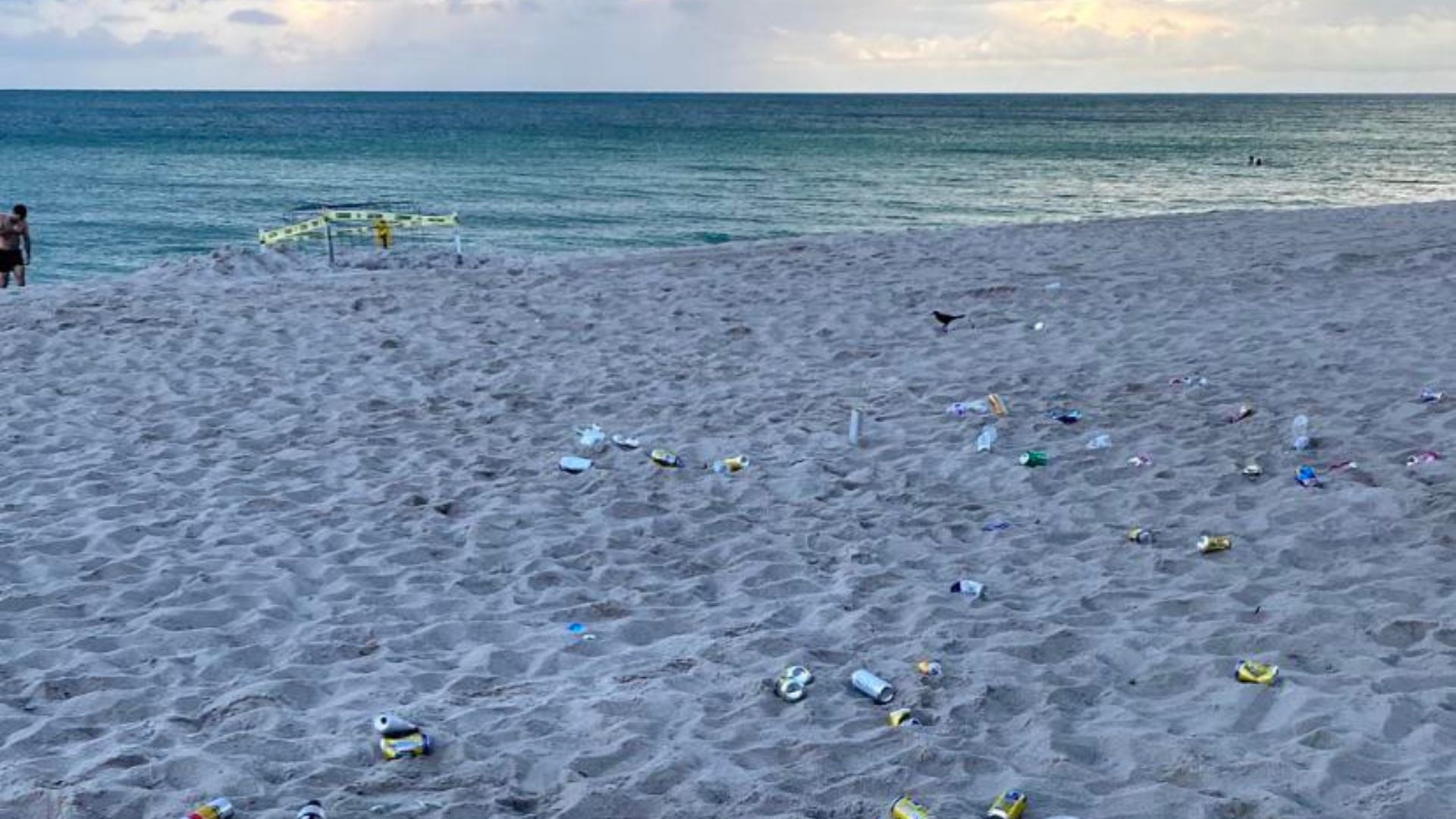
On a subreddit named r/Trashy, one user took to the social media platform to share a photo of a beach in Naples, Florida. According to this user, this was the aftermath of the beach from last year’s Memorial Day.
“Memorial Day tourists left their trash all over our beaches for the turtles to crawl through,” this user explained.
Garbage For Turtles
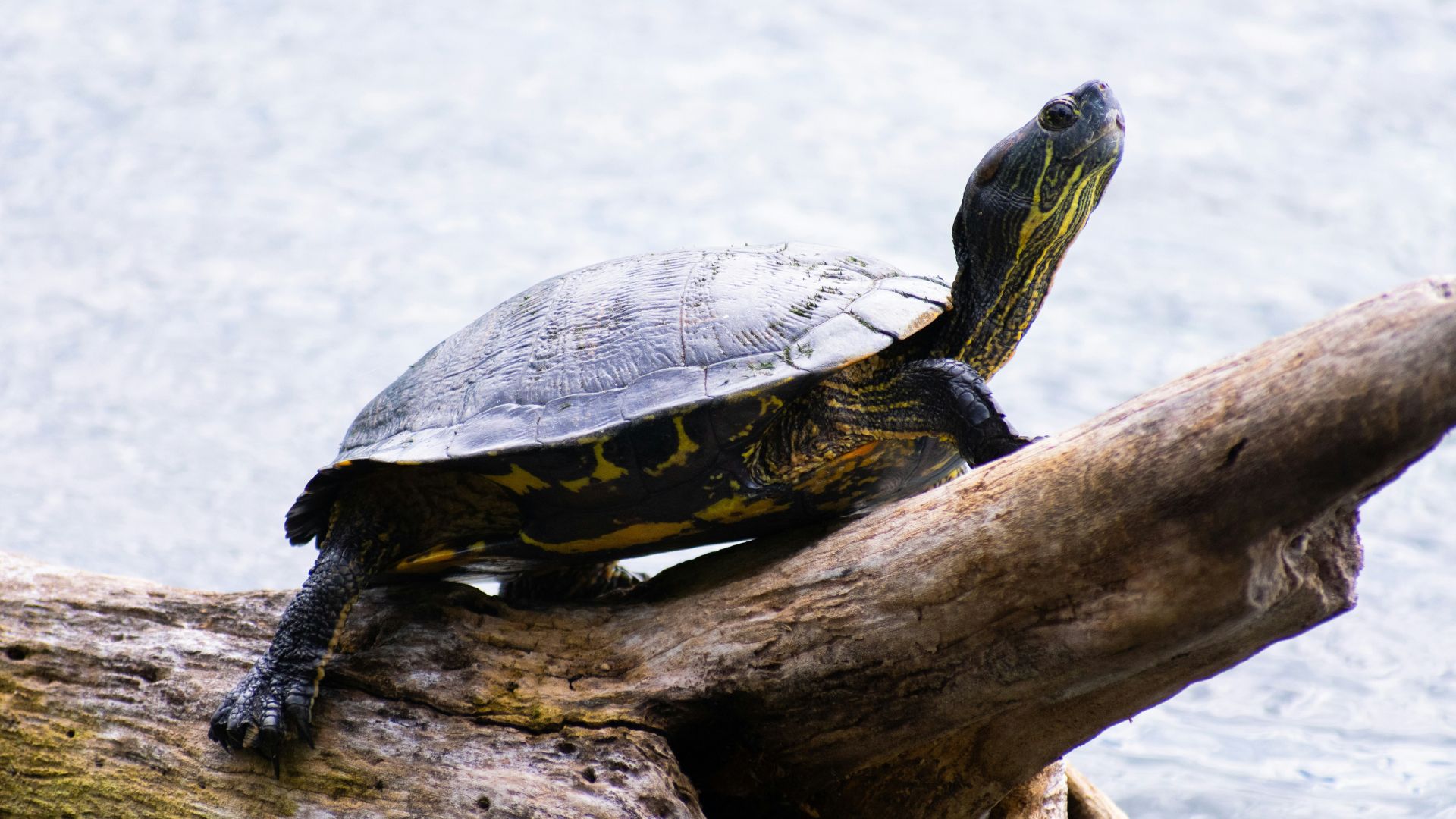
Locals in the area, including this user, were upset because of all the litter and garbage left behind on these beaches.
This specific area sees a lot of turtles, as it is a sea turtle nesting site. Unfortunately, these turtles can become caught in litter, which can harm their lives. They can also eat these items, which further hinders their health.
Threatening Nature and Animals
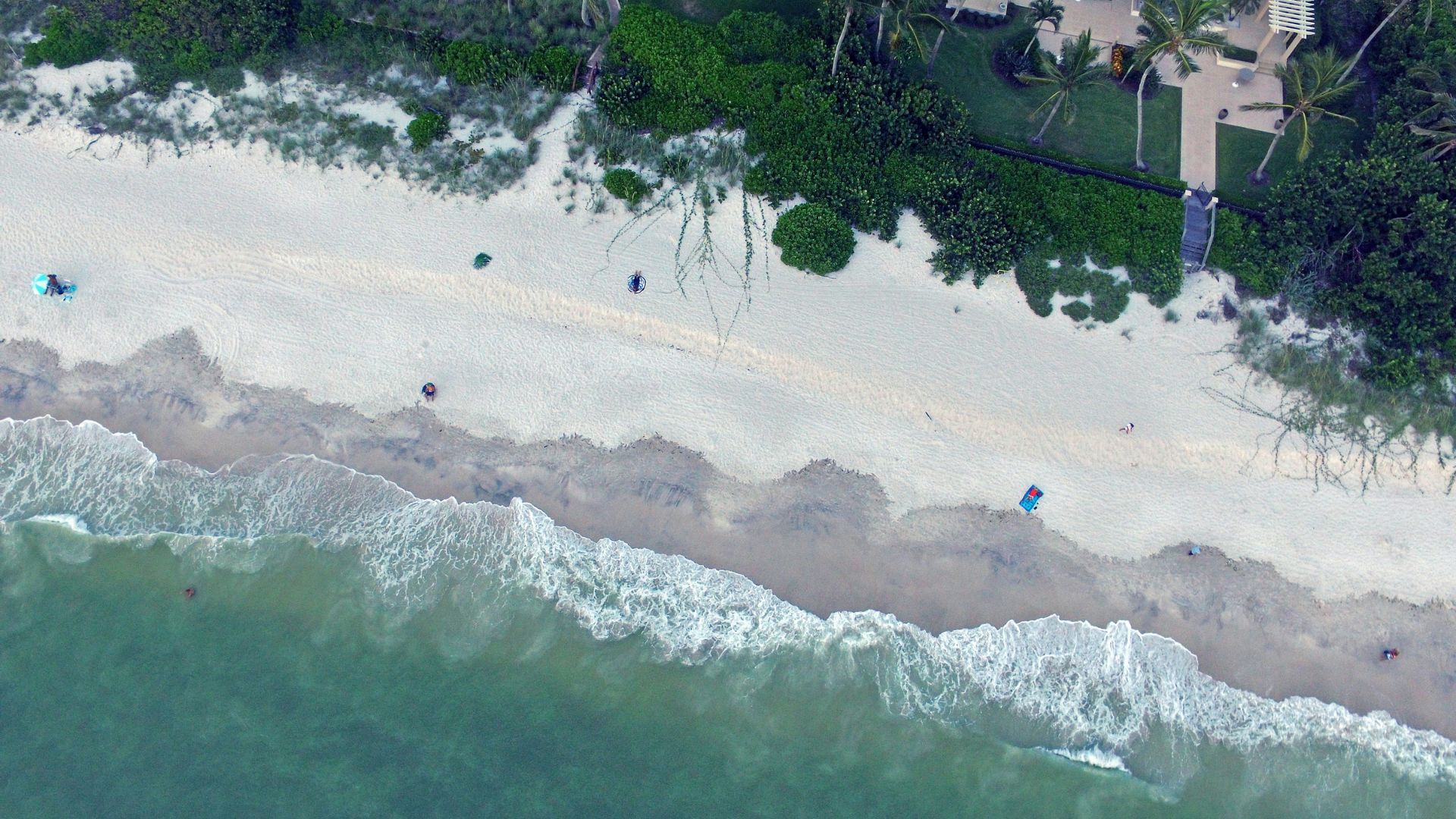
Disrespectful tourists have increasingly been called out by many because of their behavior. This trashed beach in Naples could potentially threaten the ecosystem in the area, harming both nature and animals.
Researchers have long claimed that litter can become life-threatening to many animals, especially young sea turtle hatchlings.
Young Sea Turtles and Plastic
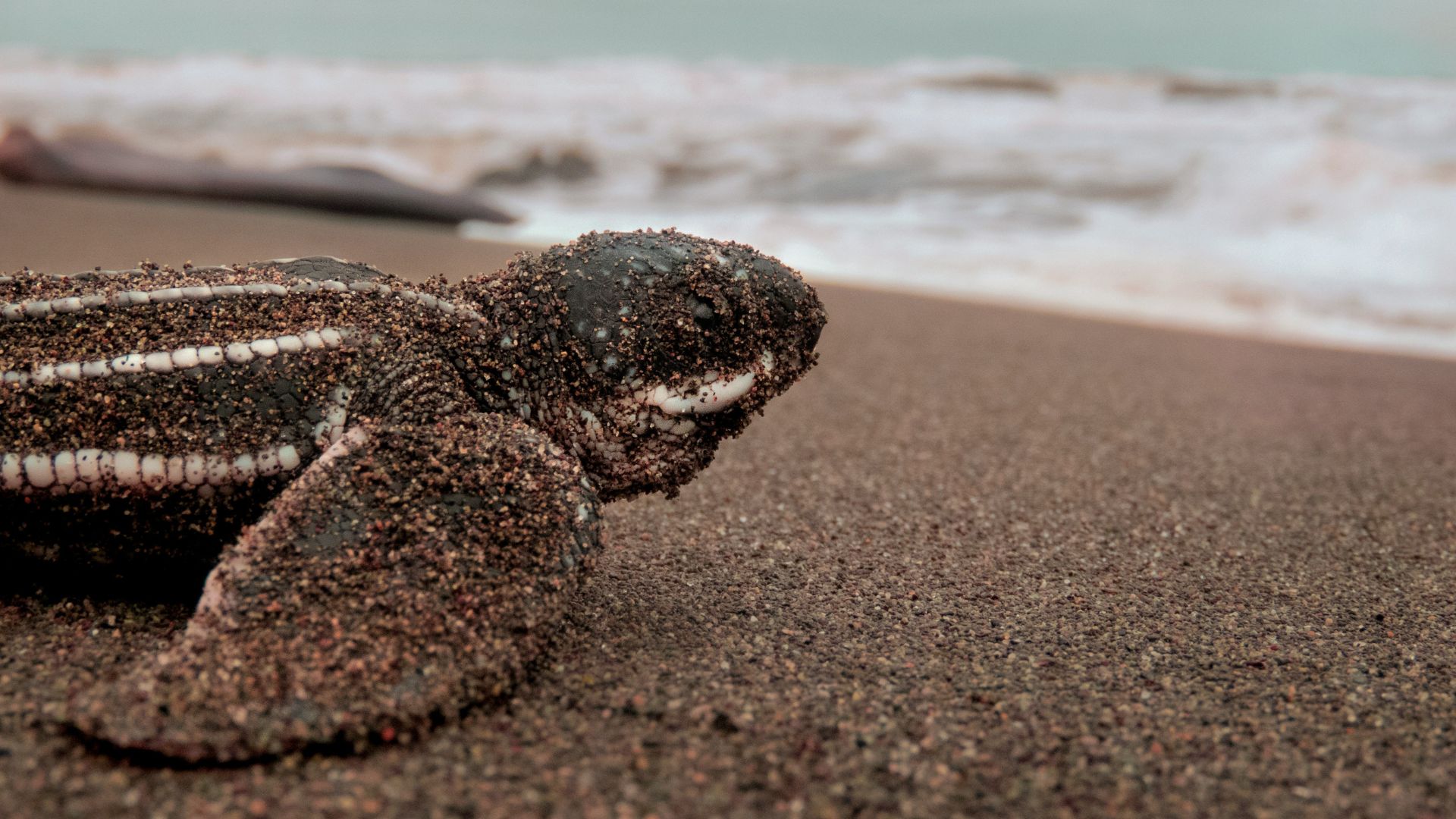
Unfortunately, many cases of young sea turtle hatchlings getting trapped in litter such as plastic bags and cups have become all too familiar.
Often, this can lead to these baby turtles dying before they’re ever able to reach the ocean waters.
Adult Turtles Suffer From Litter
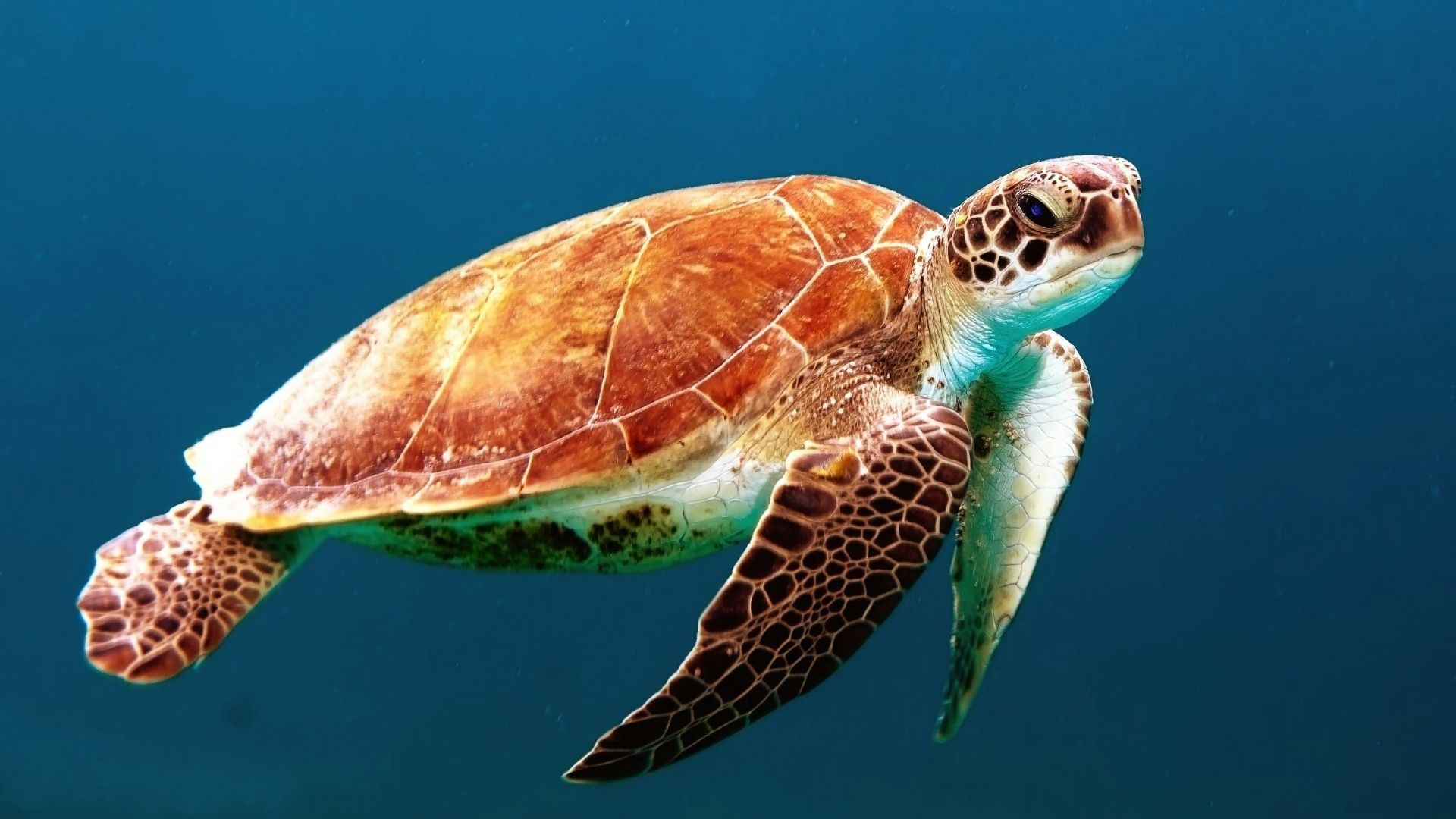
However, young sea turtle hatchlings aren’t the only beings that can suffer from this leftover trash. Even adult turtles could find themselves in life-threatening situations because of this litter.
Sea turtles often find themselves in danger from plastic debris and leftover fishing lines. According to Clean Virginia Waterways, these garbage items kill about 100,000 animals each year.
Animals Eating Plastic
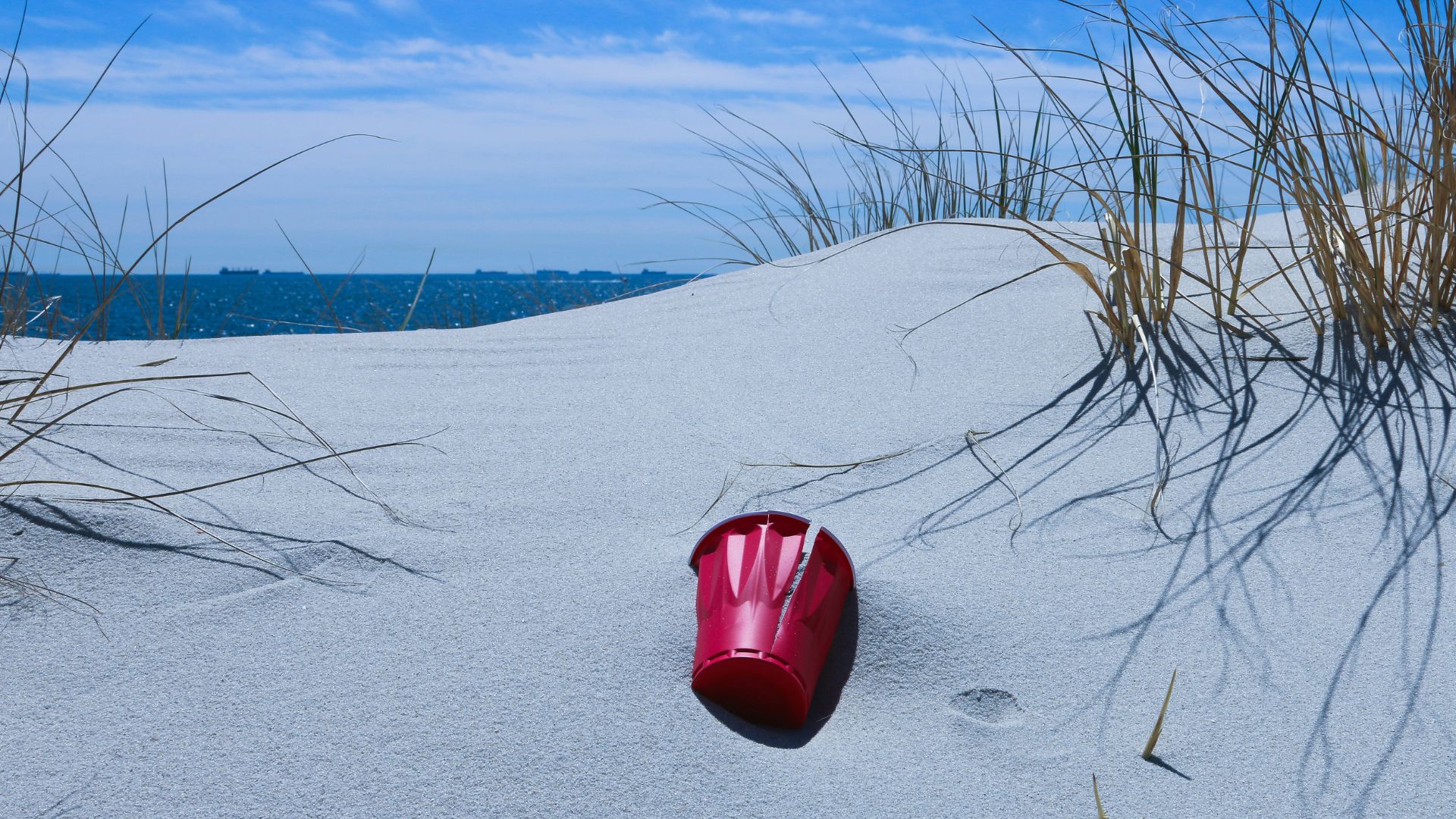
While getting caught and entangled in this litter is bad enough, animals also can mistake plastic or other trash items for food.
Plastic has been found in the stomachs of many different animals over the years — including baby sea turtles.
Litter Leads To Starving Animals
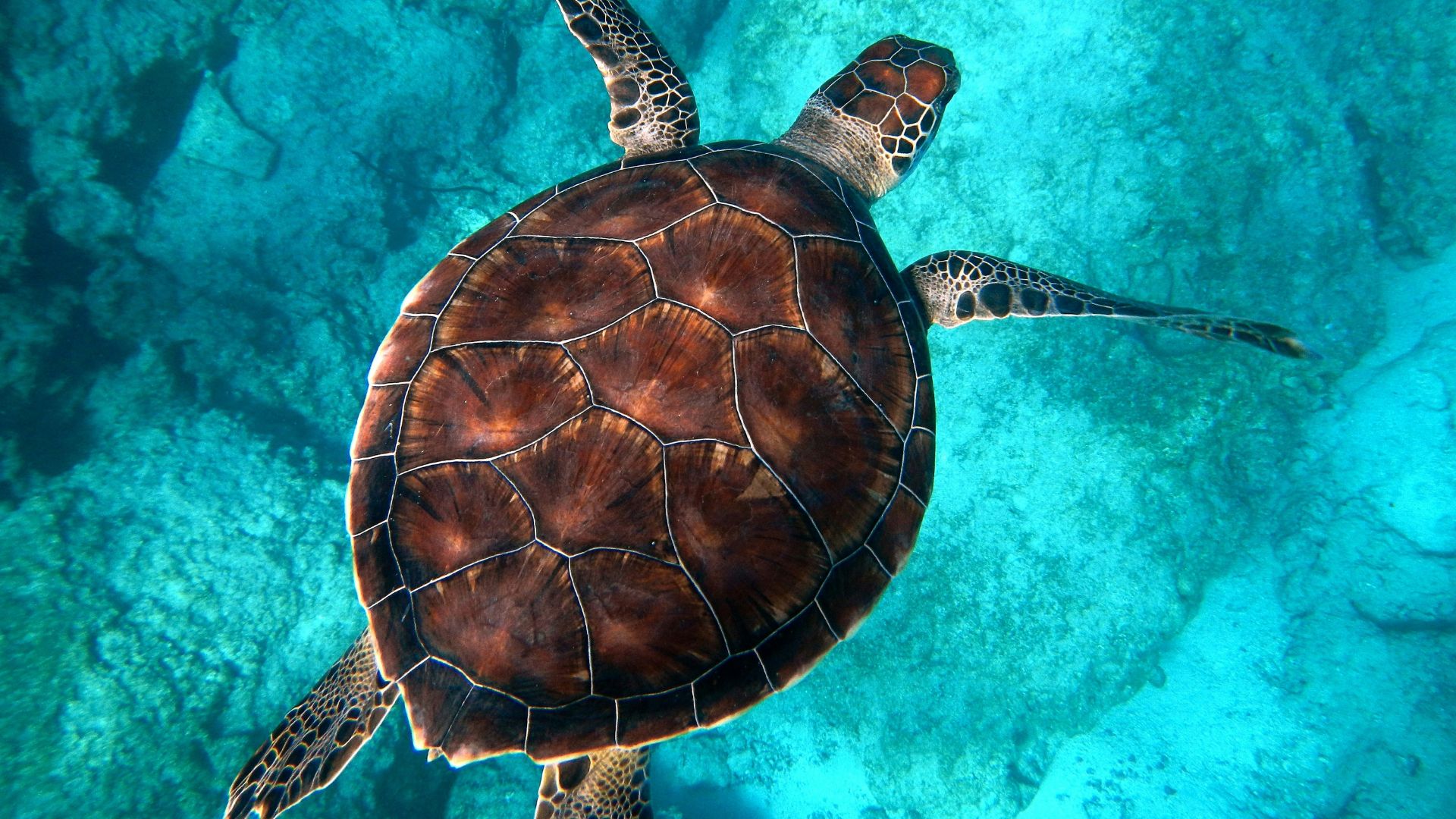
Leaving behind litter can also lead to animals such as turtles on beaches starving themselves to death by accident. According to Shannon Gowans, an Eckerd College biology professor, animals think they’re full after they eat plastic.
“When you fill an animal’s stomach they don’t feel hungry, and they don’t go eat,” Gowans explained. “They think they’re full even though they’re starving to death.”
Outrage Over Naples’ Trashing
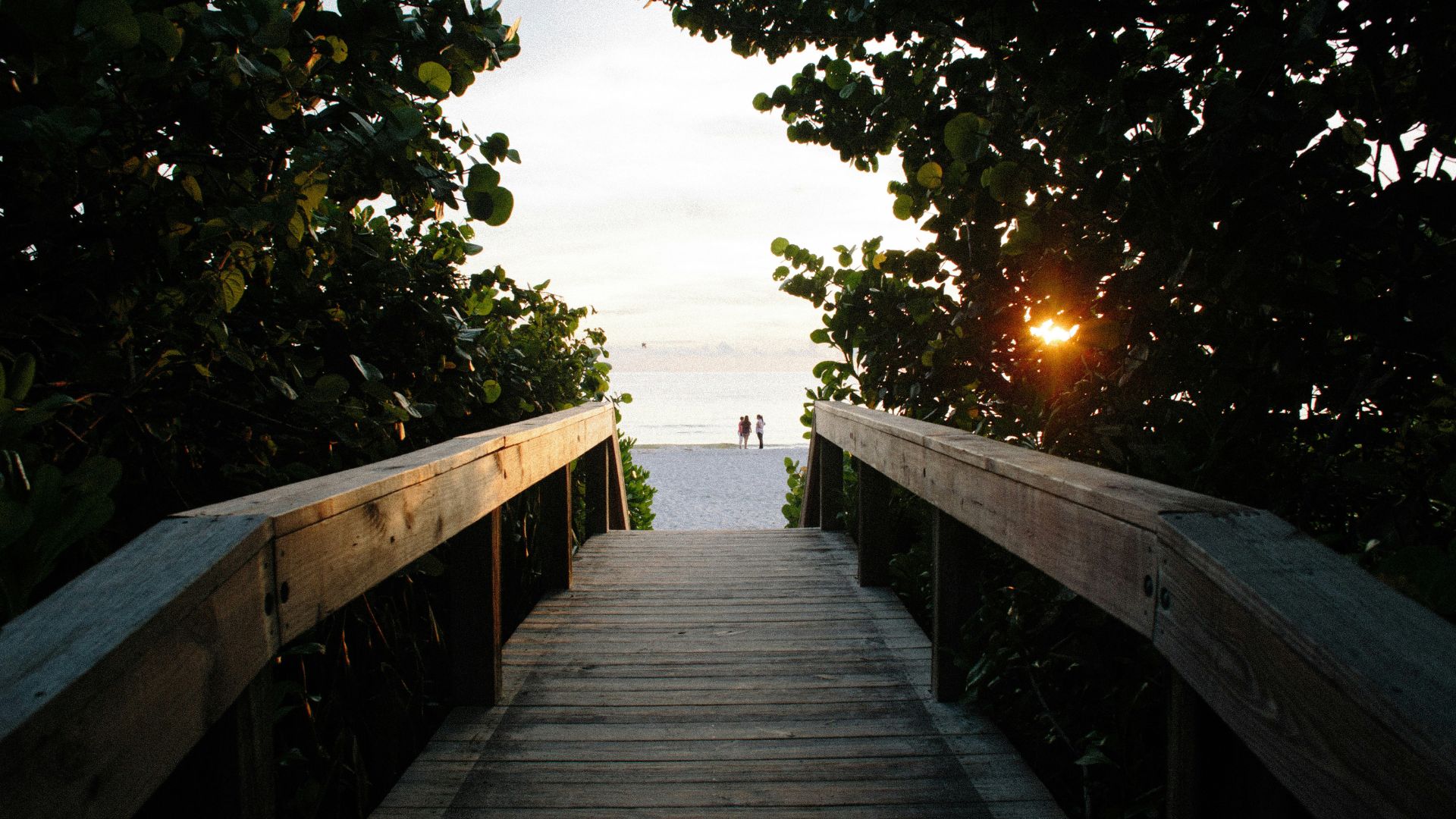
After this Reddit user posted these photos of all the garbage left on a beach in Naples after Memorial Day celebrations, many social media users expressed their outrage over how people could easily trash a beach like this.
After the initial poster explained that tourists had left behind all this trash, one person responded, “I think you misspelled terrorist.”
Calling Out Disrespectful Tourists
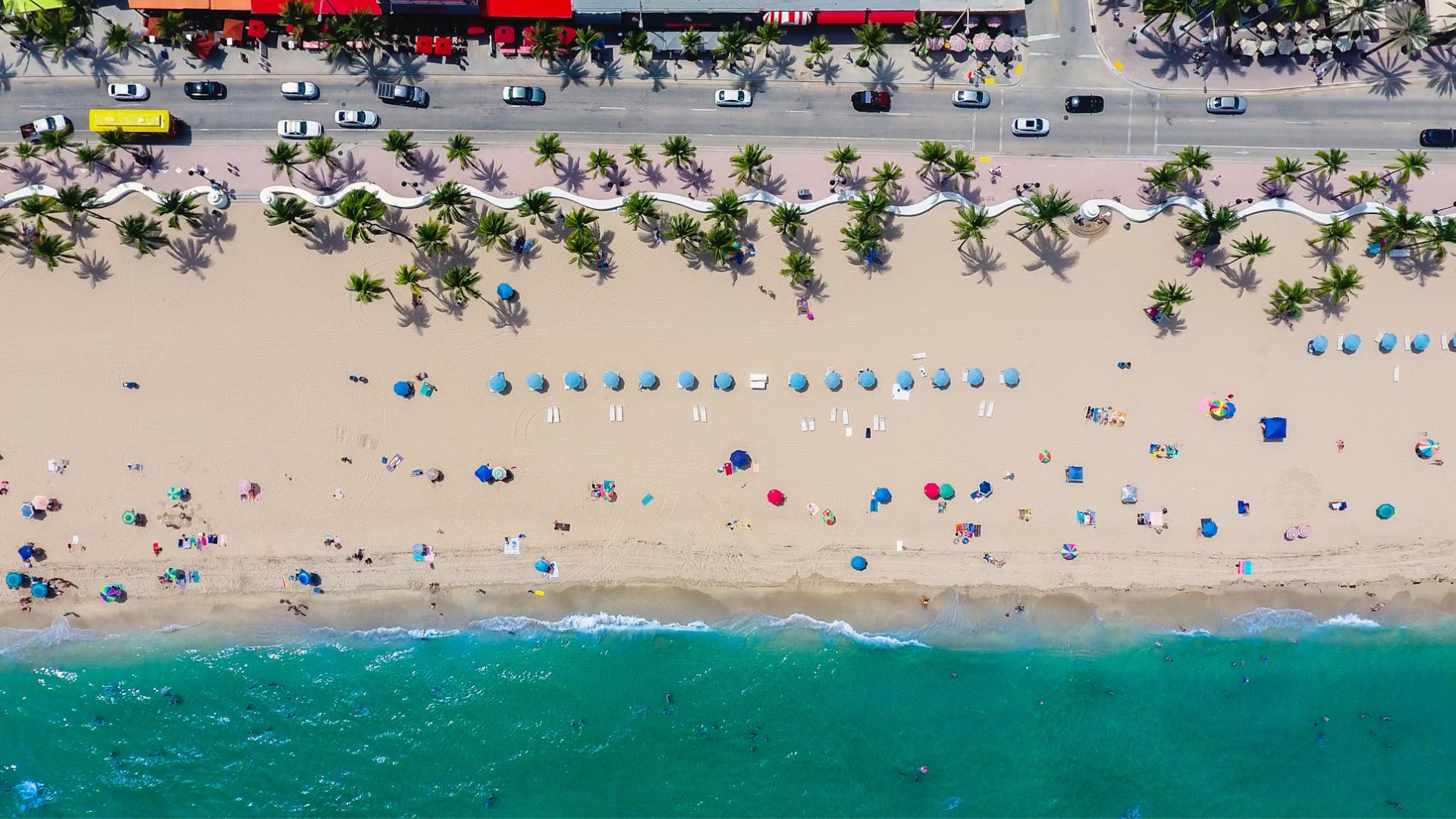
Many other commentators called out how disrespectful tourists can be, while others simply couldn’t understand why people would knowingly trash a beach like this — and then leave without cleaning any of this mess up.
“Deplorable behavior,” one person commented. Another user responded, “Sad, people constantly need to be policed.”
Badly Behaved Tourists Continue To Cause Problems
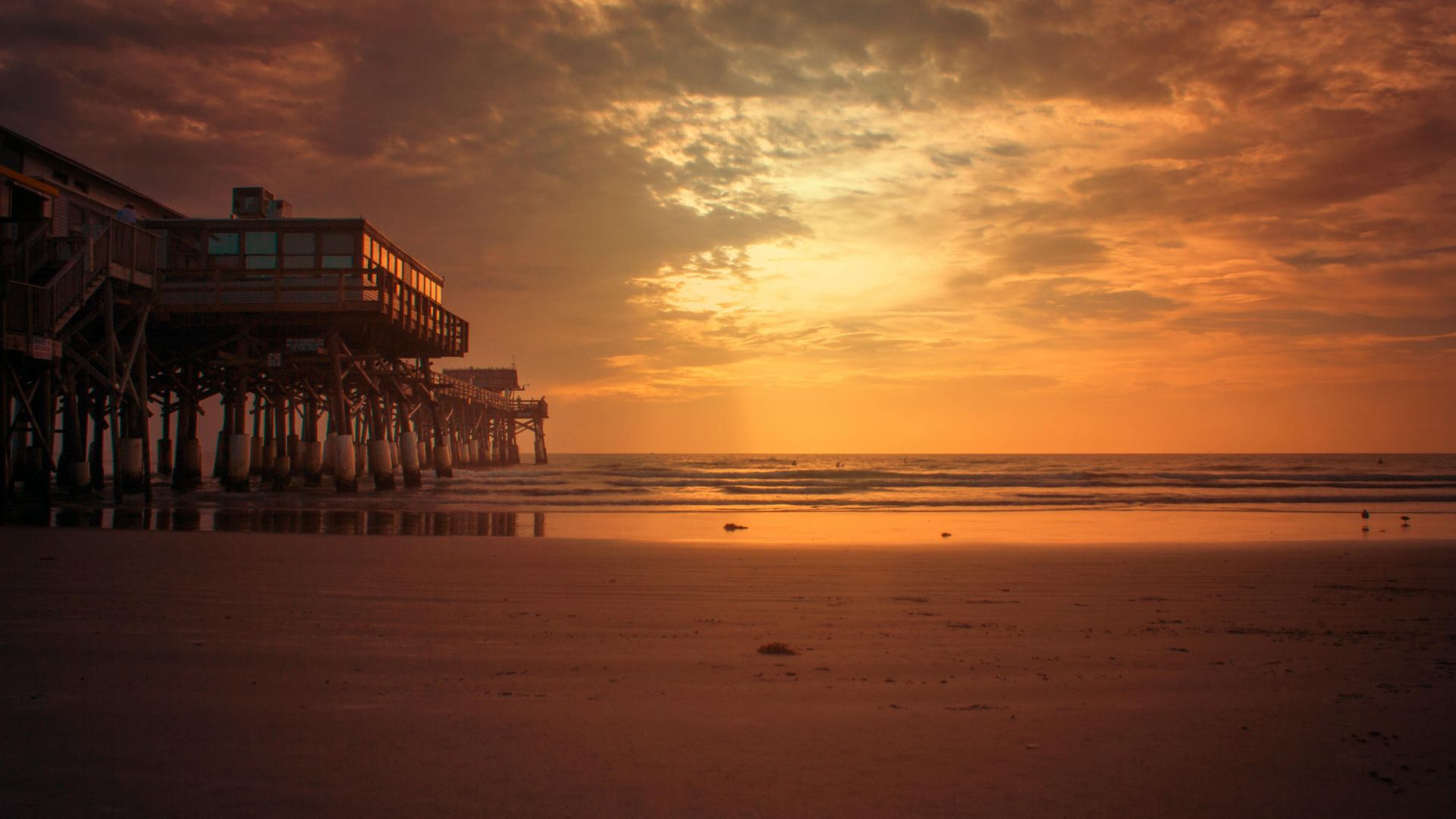
These latest photos simply shed light on a growing trend — that of badly behaved tourists. In the United States and around the world, local communities have begun to fight back against tourists who visit their towns, only to leave them trashed.
Often, these tourists act in reckless behaviors that can cause harm to themselves, others, or the natural environment they are in.
Locals Try To Save Florida Beaches
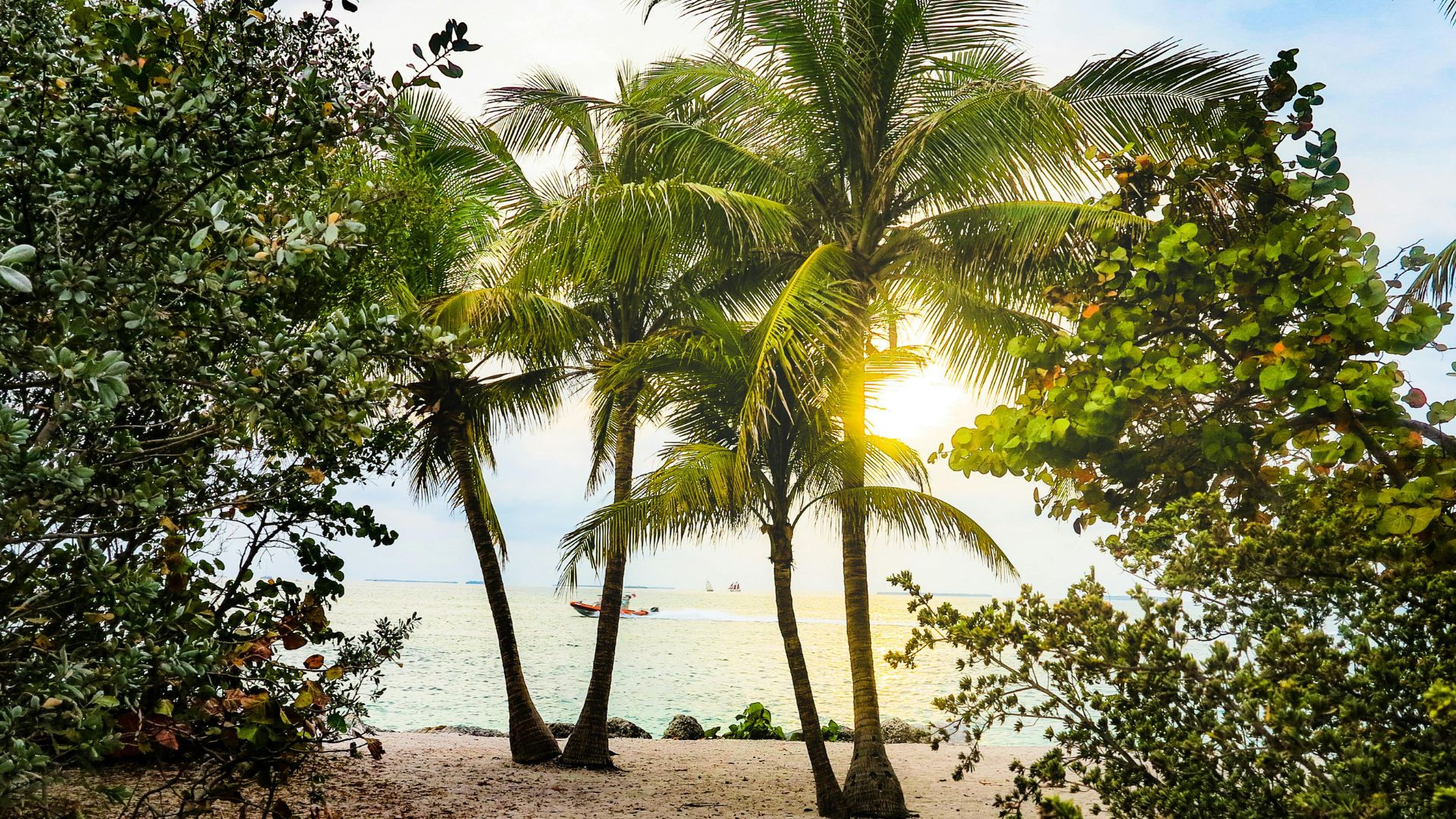
Locals and organizations in Florida have stepped up their efforts to try to protect their beaches, as well as the animal life that thrives in these areas.
However, Florida is a huge hotspot for tourists, especially during the summer holidays. This has left these organizations struggling to truly combat these disrespectful tourists, especially as these visitors continue to trash beaches.
Other Trashed Tourist Spots – Hanging Lake, Colorado

Hanging Lake in Colorado now requires visitor reservations to manage the influx of tourists and preserve its natural beauty. Overcrowding and littering have previously damaged its fragile ecosystem.
Similar measures have been implemented at other popular destinations like Cinque Terre in Italy, showcasing the global issue of tourism-related environmental degradation.
Mount Everest, Nepal
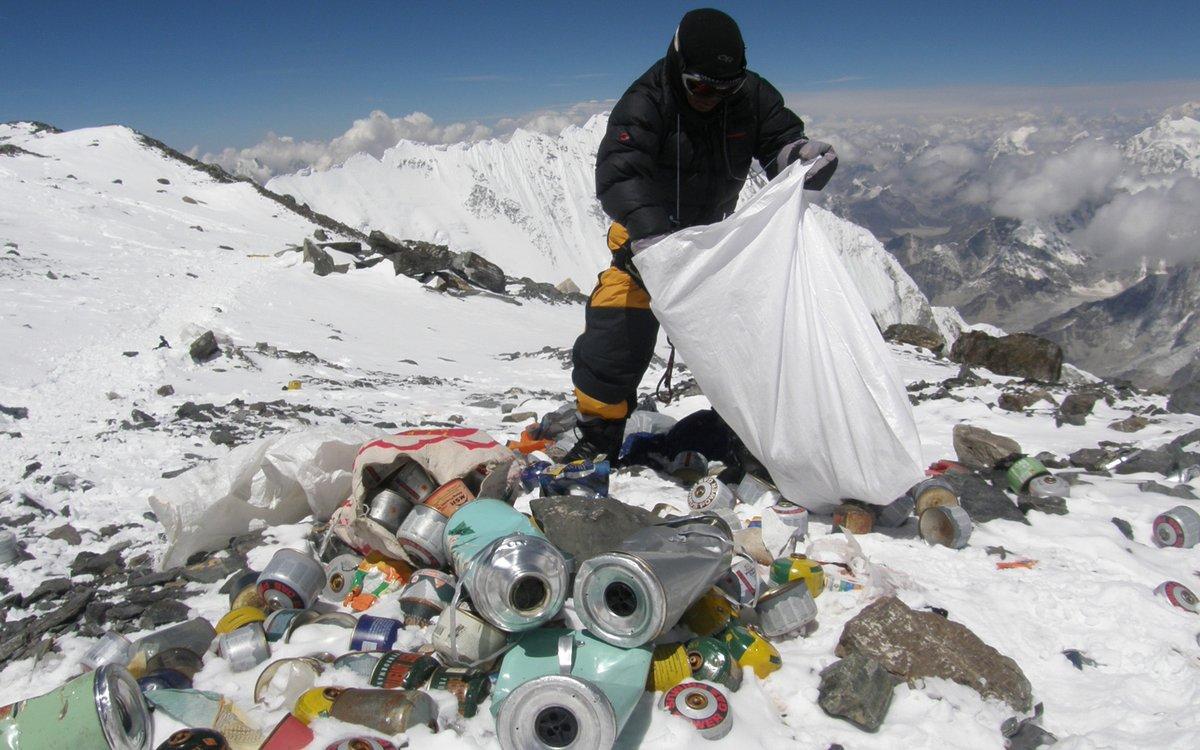
Mount Everest has faced severe pollution due to the increasing number of climbers. The Nepalese government has initiated clean-up drives and imposed a garbage deposit fee on climbers to combat the issue.
This measure aims to reduce the waste left behind, which includes discarded equipment and personal items, posing a significant threat to the mountain’s pristine environment.
Boracay, Philippines

Boracay Island in the Philippines was temporarily closed for six months in 2018 to address environmental concerns caused by tourism. The island had suffered from severe water pollution and improper waste disposal.
After extensive rehabilitation efforts, including improved sewage systems and stricter regulations, Boracay has since reopened with measures to ensure sustainable tourism practices.
Machu Picchu, Peru

Machu Picchu faces challenges with litter and erosion due to high tourist numbers. Peru has implemented a ticketing system limiting daily visitors and designated specific routes to reduce environmental impact.
This approach helps preserve the historical site while allowing tourists to enjoy its beauty responsibly. These measures ensure the protection of this UNESCO World Heritage site for future generations.
Koh Phi Phi, Thailand

Koh Phi Phi in Thailand saw a dramatic rise in pollution and environmental damage from excessive tourism. The Thai government closed parts of the island to allow for ecological recovery.
Stricter regulations on waste management and tourist activities were enforced to prevent further degradation, demonstrating the need for sustainable tourism practices in protecting natural habitats.
Santorini, Greece

Santorini struggles with waste management due to overwhelming tourist numbers. To combat this, local authorities have introduced recycling programs and waste reduction initiatives.
These efforts aim to protect the island’s stunning landscapes and maintain its appeal as a top travel destination.
Maya Bay, Thailand
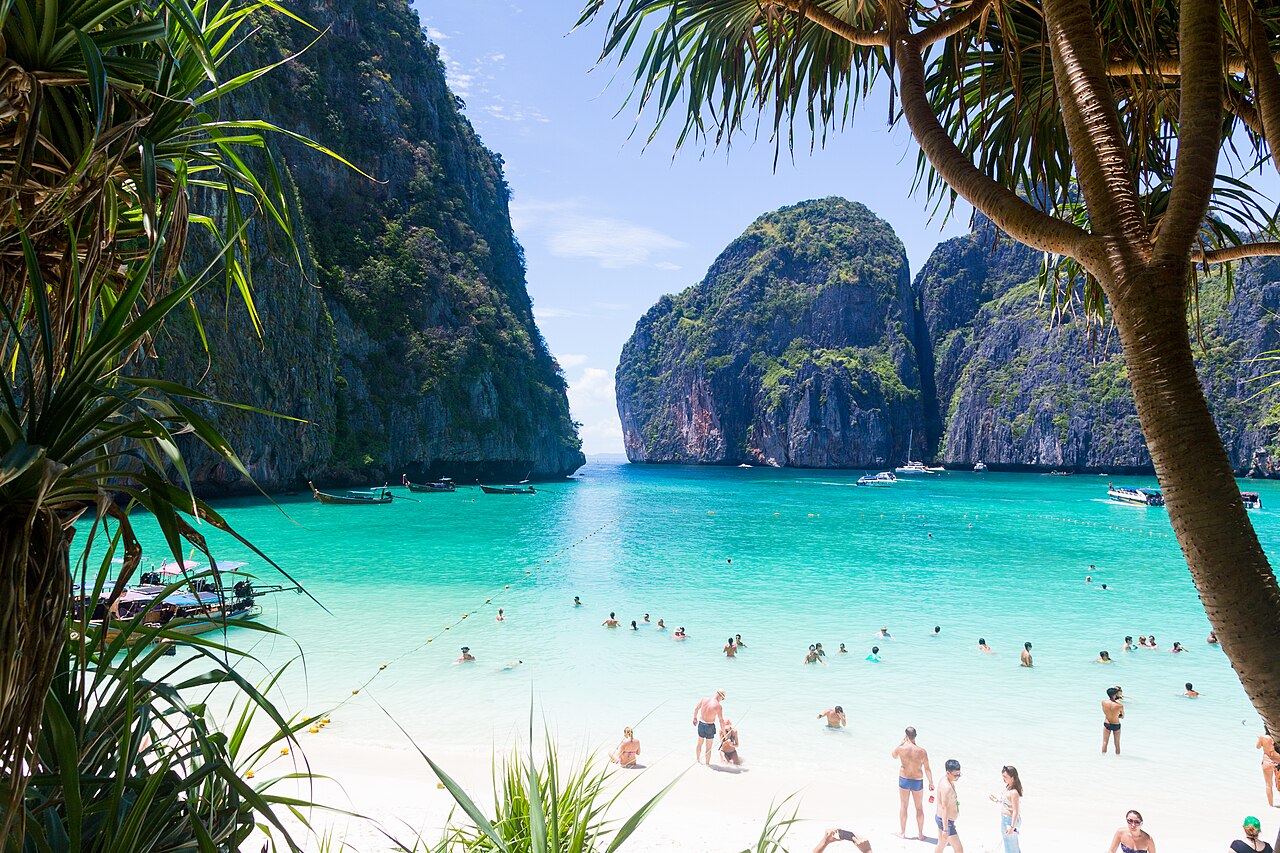
Maya Bay, famous for its appearance in “The Beach,” faced closure in 2018 due to environmental damage from tourism. The closure allowed the ecosystem to recover, and the Thai government now limits the number of daily visitors.
This approach balances tourist access with ecological preservation, highlighting the necessity of managing tourism to protect natural treasures.
Dubrovnik, Croatia
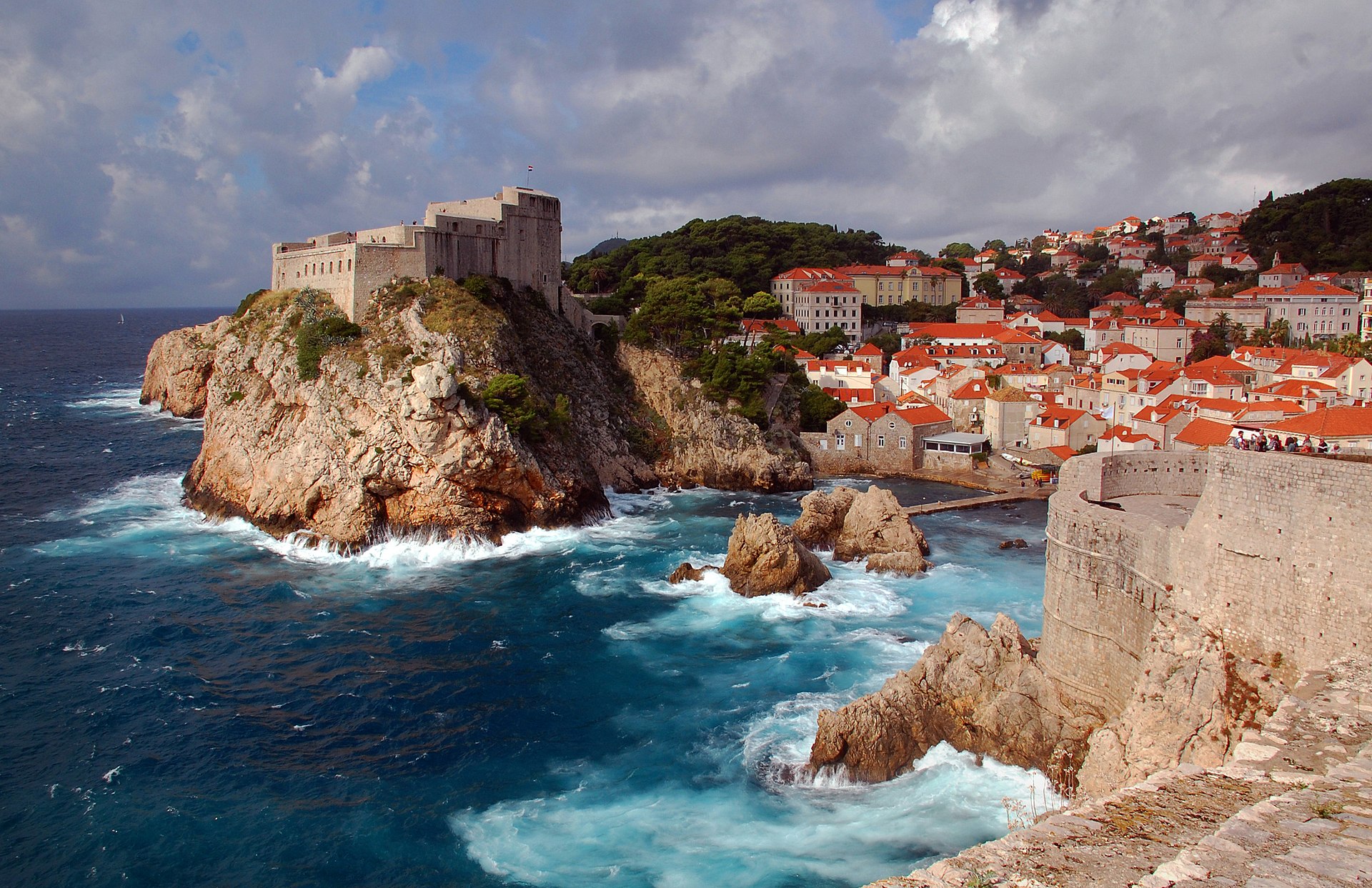
Dubrovnik, Croatia, implemented tourist caps and entry fees to manage the impact of high visitor numbers on its historic city center. Overcrowding had led to littering and damage to the city’s infrastructure.
By regulating tourism, Dubrovnik aims to preserve its cultural heritage while providing a quality experience for both locals and tourists.
Education and Awareness Campaigns

Educational campaigns play a crucial role in promoting beach cleanliness among tourists. Schools, local businesses, and social media platforms collaborate to spread awareness about the environmental impact of littering.
Informative signage and community events encourage responsible behavior. These efforts aim to foster a culture of environmental stewardship, ensuring visitors understand their role in preserving natural habitats.
Innovative Solutions and Technologies

Innovative solutions like beach-cleaning robots and biodegradable materials are being developed to tackle beach litter. Apps that track and manage litter help volunteers and authorities coordinate clean-up efforts more effectively.
These technologies offer promising ways to maintain cleaner beaches and protect marine life, showcasing how innovation can address environmental challenges caused by tourism.
Economic Impact of Littering on Local Tourism

Littering on beaches can deter tourists, negatively affecting local economies. Businesses dependent on tourism suffer when potential visitors are discouraged by dirty environments.
Clean beaches attract more tourists, boosting local revenue and job opportunities. Ensuring beach cleanliness is not only an environmental concern but also a critical factor in sustaining the economic health of coastal communities.
Legislation and Policy Measures
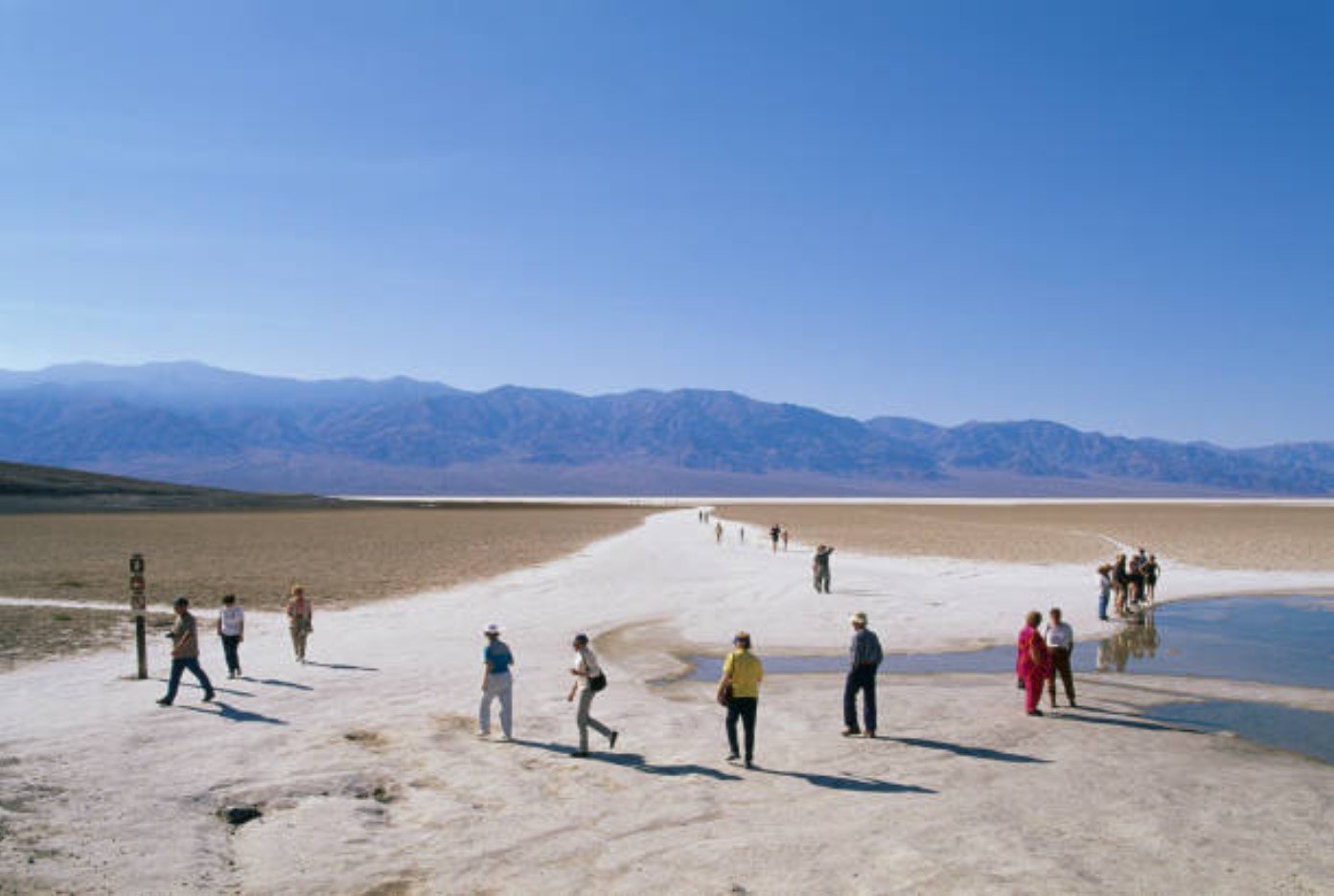
Legislation plays a vital role in combating beach littering. Policies like fines for littering and mandatory clean-up fees for events help enforce responsible behavior. Enhanced surveillance and stricter regulations for beachgoers ensure compliance.
These measures, supported by local governments and communities, are essential in protecting natural resources and maintaining pristine beach environments.
